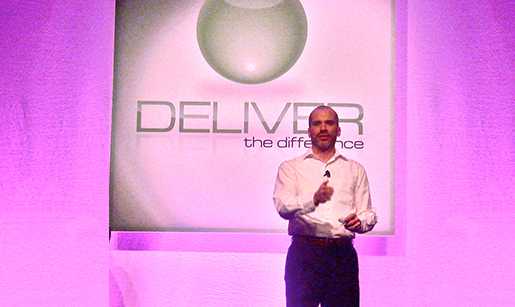Book Review: This Is Your Brain On Music

This is Your Brain on Music by Daniel Levitin (2007)
Note: This post contains affiliate links.
Here’s what Amazon.com says:
In this groundbreaking union of art and science, rocker-turned-neuroscientist Daniel J. Levitin explores the connection between music—its performance, its composition, how we listen to it, why we enjoy it—and the human brain.
Taking on prominent thinkers who argue that music is nothing more than an evolutionary accident, Levitin poses that music is fundamental to our species, perhaps even more so than language. Drawing on the latest research and on musical examples ranging from Mozart to Duke Ellington to Van Halen, he reveals:
• How composers produce some of the most pleasurable effects of listening to music by exploiting the way our brains make sense of the world
• Why we are so emotionally attached to the music we listened to as teenagers, whether it was Fleetwood Mac, U2, or Dr. Dre
• That practice, rather than talent, is the driving force behind musical expertise
• How those insidious little jingles (called earworms) get stuck in our head
A Los Angeles Times Book Award finalist, This Is Your Brain on Music will attract readers of Oliver Sacks and David Byrne, as it is an unprecedented, eye-opening investigation into an obsession at the heart of human nature.
Here’s what I say:
This book completely validated every personal experience I ever had with music, not just as a music listener, but as a musician and a music therapist.
“Thaaaaat’s why!” would be the response heard in my head most frequently in this book. Do you ever want to know why something happens the way it does? You know… the reason? THAT’s what this book does such a good job explaining.
We all know music is powerful. In This is Your Brain on Music, you find out why.
Dan Levitin is a bit uniquely qualified to write this book. He started out as a musician and recording engineer before going back to school to study neuroscience. There is a massive affinity within the neuroscience community for music as a tool to study the brain. There’s simply nothing else like it on Earth. Dr. Levitin explains this phenomenon, not from the perspective of an academic elite, but as a music lover himself.
I think that is one of the reasons this book communicates often complex material about music-making, and music cognition in such easy to understand language. He talks about research and science like ‘one of us mere mortals’ LOL. He may teach and do research at one of North America’s most elite academic institutions, but it never felt like that.
Much of my work in teaching people how to use music to support their physical and mental wellbeing comes from this book. I feel SO CONFIDENT in using music for my own self-regulation and sharing with others how to because I read this book (twice).
If you are someone who (still) likes being fascinated and curious, dig into this book. It will tell you more about your old friend music and what’s happening ‘under the hood’ than almost any other book I’ve read.
CLICK HERE to check it out!

